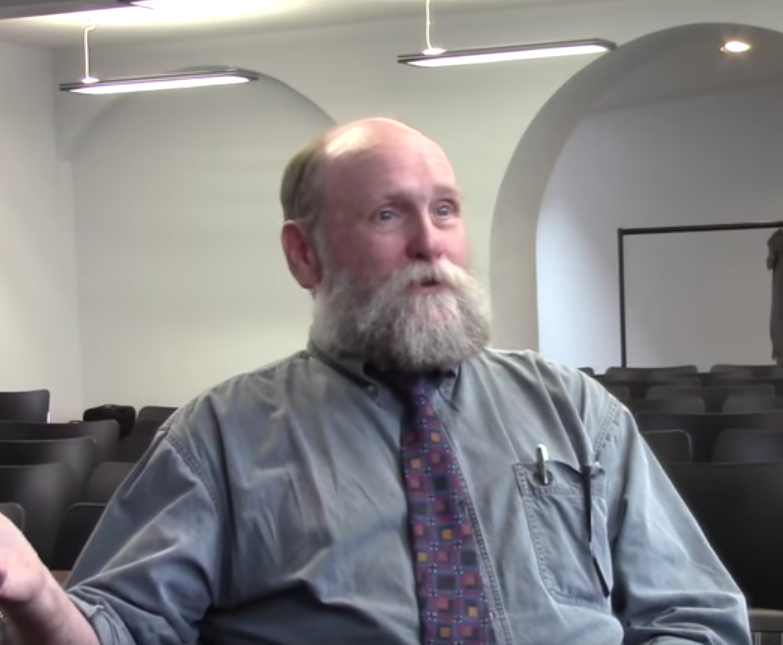
Meta-ethnography
Reporting Guidance



From 18th to 23rd June 2016, Professor George Noblit, a member of the Project Advisory Group on the eMERGe Project and instigator of the meta-ethnography methodology visited the University of Stirling. Besides visiting the sights in Stirling, he had a busy week meeting with the Project Team to reflect on the work up to date and gave a public lecture on 22nd June, which was co-hosted by SCPHRP (The Scottish Collaboration for Public Health Research & Policy) and the University of Stirling. The lecture was attended by 100 guests. In this lecture entitled How qualitative (or interpretive or critical) is qualitative synthesis and what we can do about this?, Professor Noblit discussed how Qualitative research synthesis approaches such as meta-ethnography inevitably involve reductions. These reductions can have the effect of stripping context from that which is being focused upon and flattening the fuller account into a set of themes that are comparable to other studies.
Both decontextualization and flattening are threats to the synthesis being more fully qualitative-interpretive and critical. Similarly, the goal of the synthesis to produce usable knowledge is also a threat to remaining interpretive and critical. We shift our focus from meaning to its use. He explained how such moves are necessary in health research, and any research focused on working with the needs of people and nature, but much can be lost. In this talk, I will examine these and other threats and discuss the conundrums they present. Most attempts to address them have the form of ‘working against’ rather than resolving the conundrums as we do meta-ethnography.
During his visit he was also interviewed by the The Scottish Collaboration for Public Health Research (SCPHRP). The interview can be seen below.

Monday, 16 May 2022 - Cochrane South Africa webinar on eMERGe reporting guidance 17 May 2022
Wednesday, 20 November 2019 - Meta-ethnography workshop comes to Belfast, N. Ireland
Thursday, 01 August 2019 - eMERGe reporting guidance now available in Spanish & Chinese!
View All